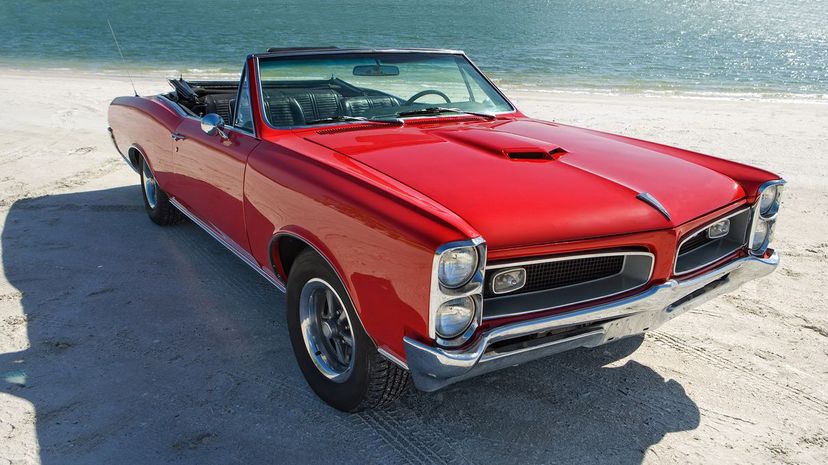
About This Quiz
America wouldn't be the same without automobiles. Muscle car fumes may very well be the essence of the nation. Do you know your American autos? It's time to find out on this car challenge that's full of amazing imagery of new cars as well as cherished classics.
Ford set the standard for the renegade type of American auto when the company unveiled the Mustang in 1964. Just about every design meeting held among American car companies studied the Mustang. The timeless classic continues to exude a unique bold simplicity that subsequent models have yet to fully master. But the Mustang's perfect muscle car image didn't just happen by accident. Racing legend Carroll Shelby figured out what the American soul needed at the start of the 1960s. The Shelby Cobra set the muscle car standard, marrying race car toughness with brazen design ingenuity. Shelby delivered on what a muscle car is supposed to sound like and how one is supposed to handle.Â
After the American populace refined its taste for stylish speed, the big carmakers of the nation had already figured out intoxicating auto concepts, such as the Camaro, the Corvette, the Charger, the T-Bird. These legends will forever be studied and duplicated no matter how serious the under-the-hood action gets in the 21st century.
Prepare for some spine-tingling turbo inspiration on this quiz. Buckle up and enjoy the ride!
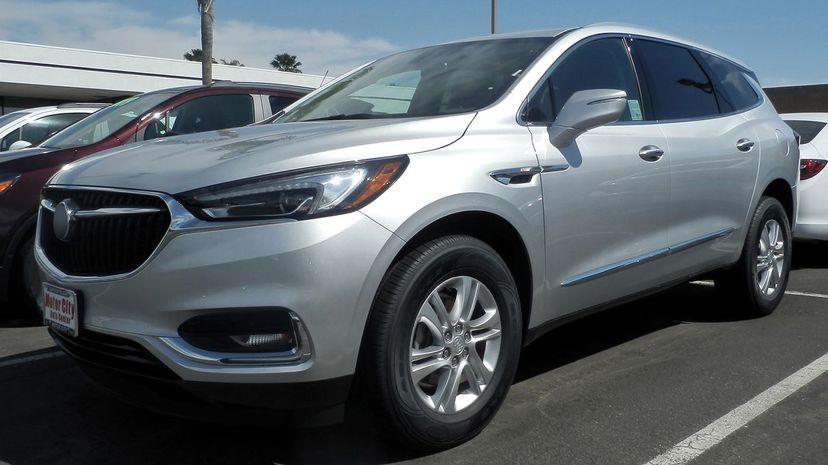
Manufactured at the GM Lansing Delta Township Assembly Plant in Lansing, Michigan, the 2013 Buick Enclave outsold competitor models, like Lincoln MKT and Volvo XC90. The Enclave's three rows of seating made it easy to accommodate eight passengers.
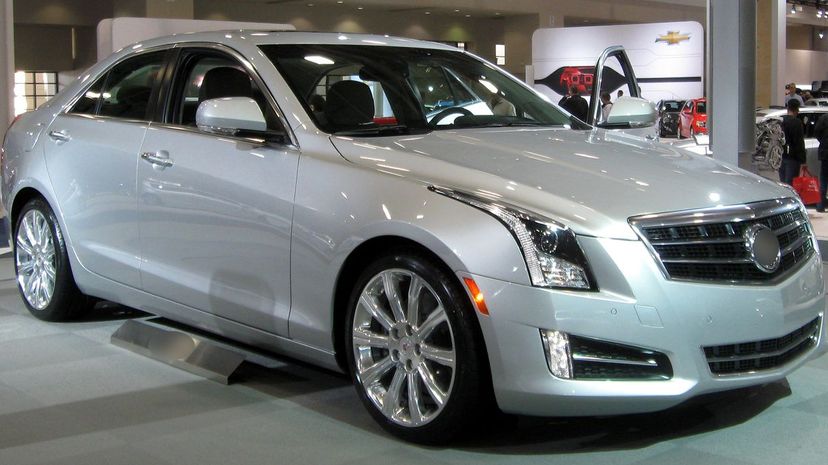
The Cadillac ATS performance derivative is the ATS-V with a high speed of 189 miles per hour and a zero-to-60 acceleration of 3.8 seconds. Powertrain alternatives for the ATS include a 2.0-liter, four-cylinder engine, a 2.5-liter, four-cylinder option and a 3.6-liter, six-cylinder engine.
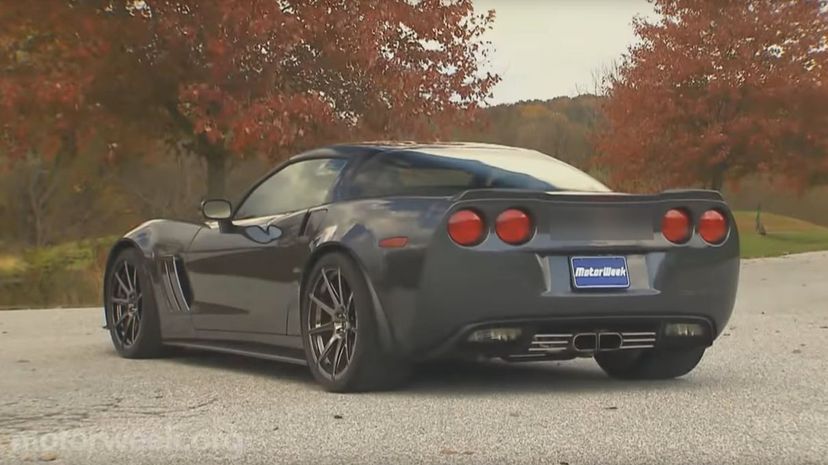
At the 2012 Los Angeles Auto Show, Callaway introduced the Corvette GSR, GSRR and GT3 racers, which were modeled by Callaway Competition of Leingarten Germany, but made in America. The RPO B2K Corvette delivers 490 horsepower and a zero-to-60 speed in 4.1 seconds.
Advertisement
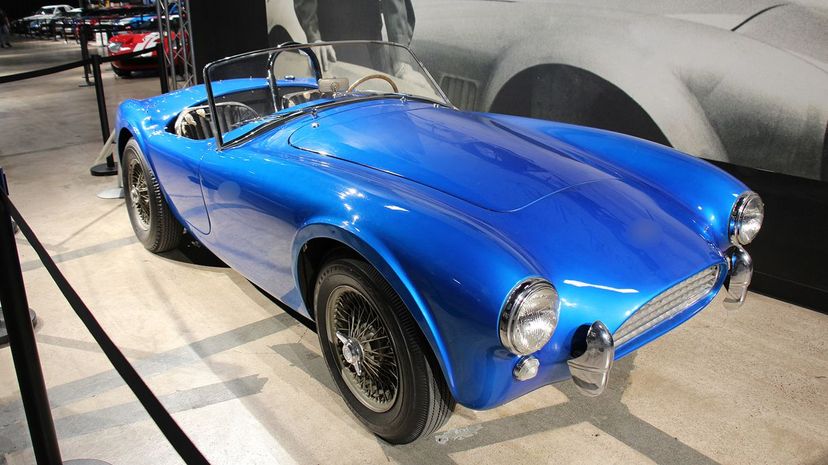
Before he rose to fame as an auto racer, Carroll Shelby was a chicken farmer. He later collaborated with car manufacturer AC to build the Shelby Cobra, which is essentially an Ace roadster outfitted with a Ford 289 cubic-inch V-8 engine. Carroll Shelby assembled the car in Los Angeles in 1962.
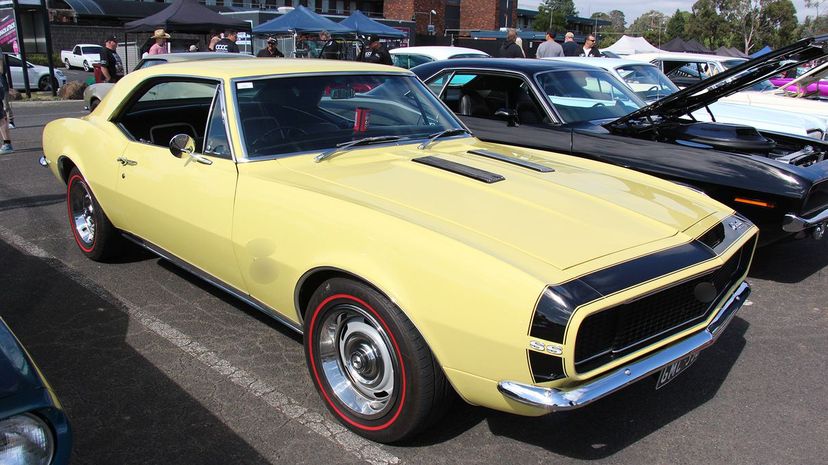
Chevrolet launched its 1967 coupe and convertible on September 12, 1966 to contend with the 1967 Mustang, but the Mustang's engine dominated the Camaro. Chevy responded by beefing up the Camaro's powertrain profile for 1969.
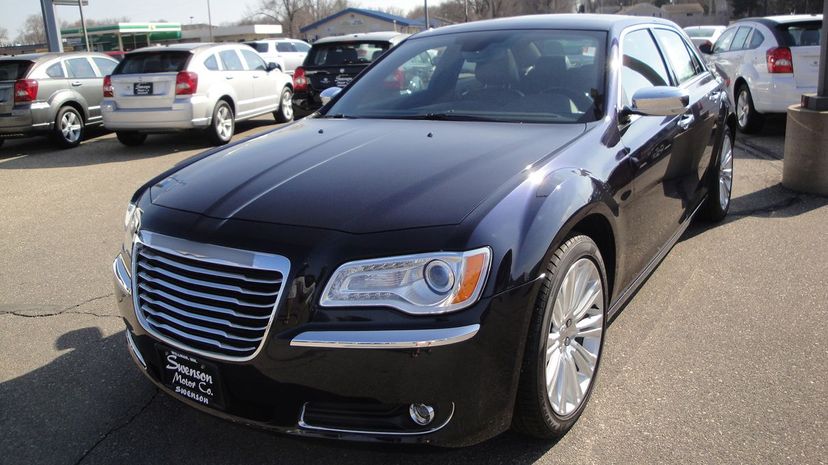
Chrysler 300 cars, including the 300C, 300 Touring and 300 Limited models, feature eight-way power driver's seating, 17-inch wheels and telescoping steering. The Chrysler 300 Limited heightens the luxury markers of the Chrysler 300 Touring.
Advertisement
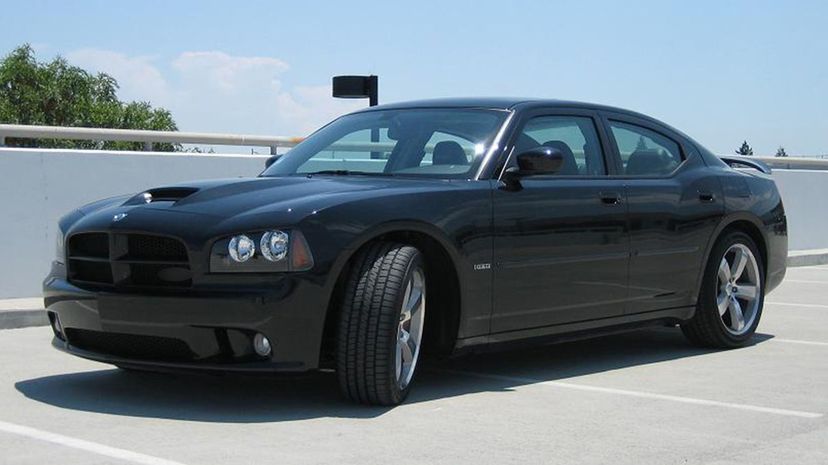
The Charger was Dodge's attempt to modernize its image and attract a younger buying audience. The debut of Ford's Mustang on April 17, 1964 was a wake-up call for Dodge executives, who eventually figured out the auto desires of America's youth in the Dodge Charger, released in 1966.
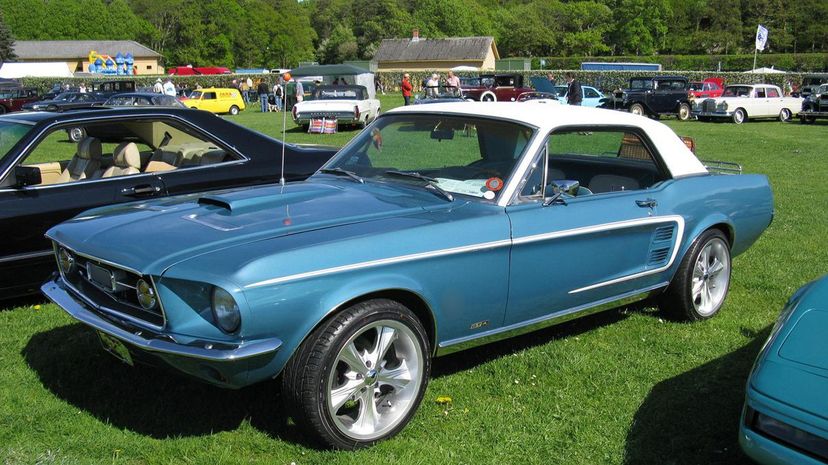
The Ford Mustang was the brainchild of product manager Donald Frey and company division head Lee Iacocca. The original Mustang debuted in 1964, followed by the Mustang II pony car in 1974. A European-styled variant was unveiled in 1979.
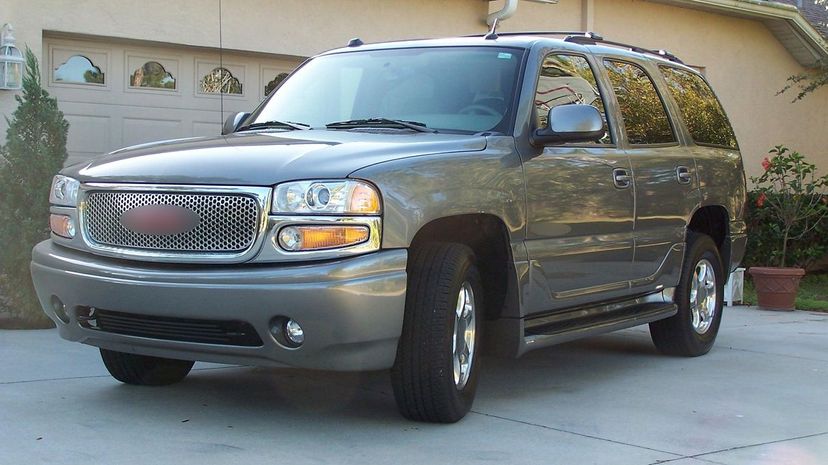
The GMC Yukon and Chevy Tahoe use the same two-mode transmission, and they share virtually the same wheelbase. General Motors has produced Yukon units out of assembly plants in Arlington, Texas and Janesville, Wisconsin.
Advertisement
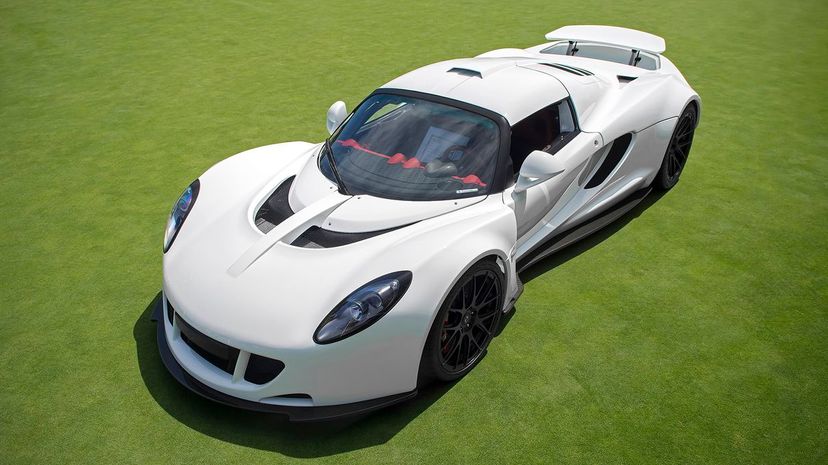
In 2016, the Hennessey Venom GT Spyder became the first convertible in the world to achieve a speed of 265.6 miles per hour. Spyder set the record by zooming down a 2.9-mile stretch of runway at the Naval Air Station Lemoore in California.
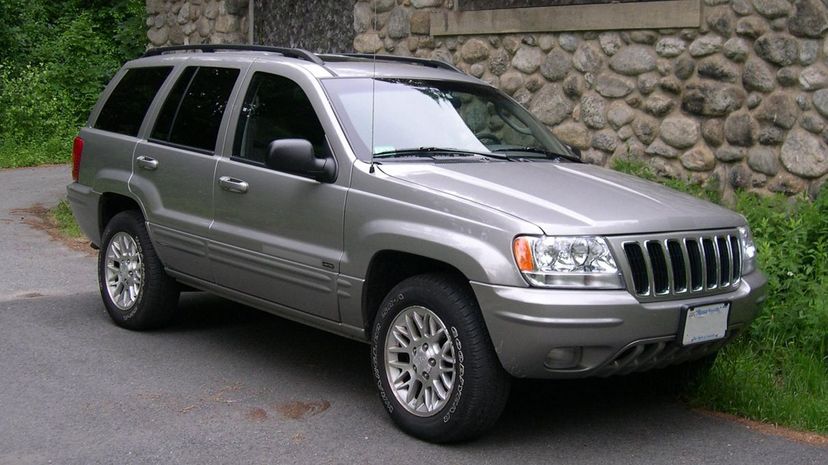
Four-wheel-drive Jeep Grand Cherokee is one of the brand's most successful products. The Grand Cherokee delivers a driving range of 550 miles, as well as advanced security and safety features.
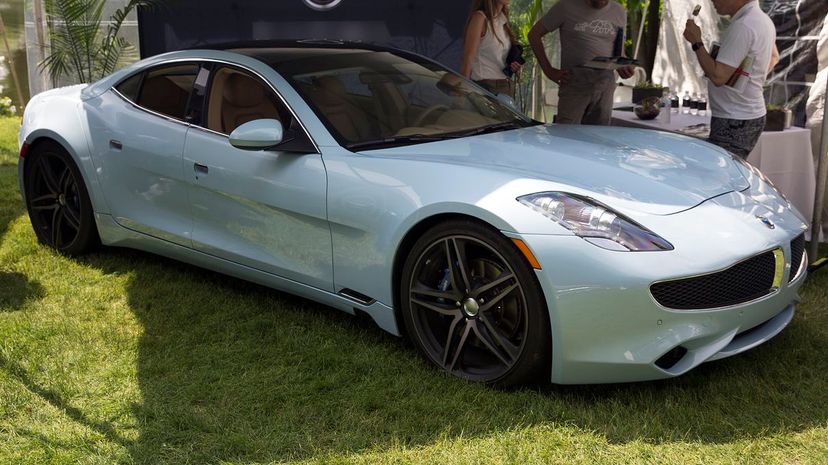
Founder Henrik Fisker envisioned most of the elements of the Karma Revero concept before his first company failed after making the 2012 Fisker Karma. The Karma Revero is a "quiet" twin-motor hybrid able to cover an all-electric range of 50 miles.
Advertisement
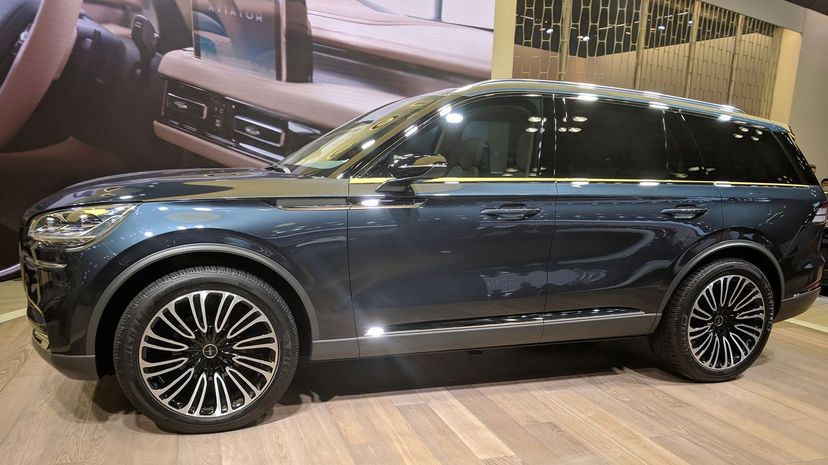
Lincoln intended for the Aviator to drive like the Lincoln LS, which is based on the Jaguar concept and handles like a European vehicle. Newer Aviator models come with a catalog of new safety technology branded as Lincoln Co-Pilot360 Plus.
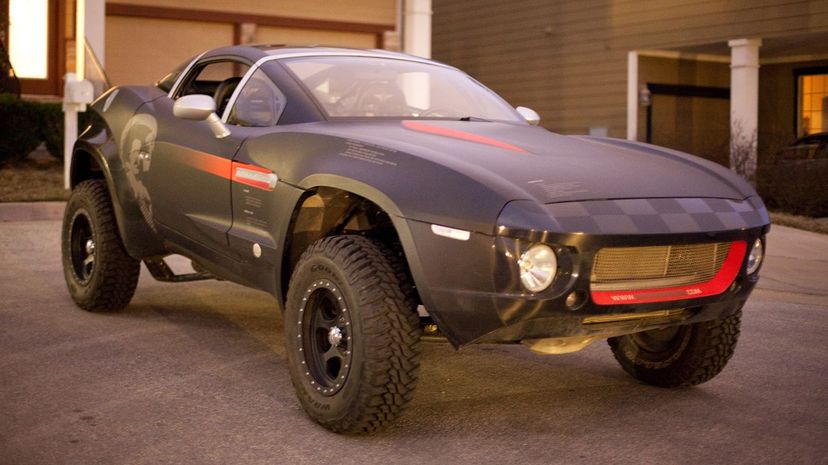
Ex-U.S. Marine commander and founder of Local Motors, Jay Rogers launched 3-D printing and aims to incorporate the technology into creating innovative vehicles. Rogers manages an open-source community of automotive developers who help fabricate car concepts.
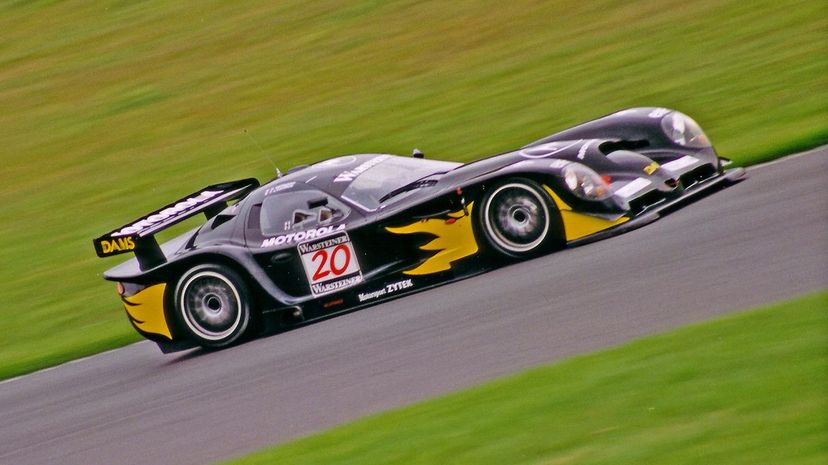
Don Panoz and race car designer Adrian Reynard developed the Esperante GTR-1 for the newly launched Panoz Motor Sport Group. The 1,980-pound car unleashes over 600 horsepower and features race car-caliber 18 x 10.5-inch OZ center-lock wheels.
Advertisement
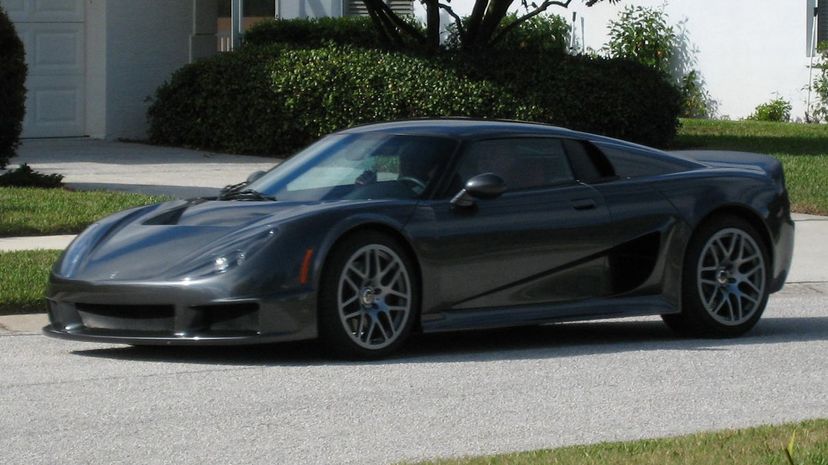
A twin-turbo Ford Duratec V-6 engine takes the Rossion Q1 from zero to 60 miles per hour in 3.3 seconds, and zero to 100 in 7.8 seconds. The Rossion brand name is derived from the names of its founders Dean Rosen and Ian Grunes.
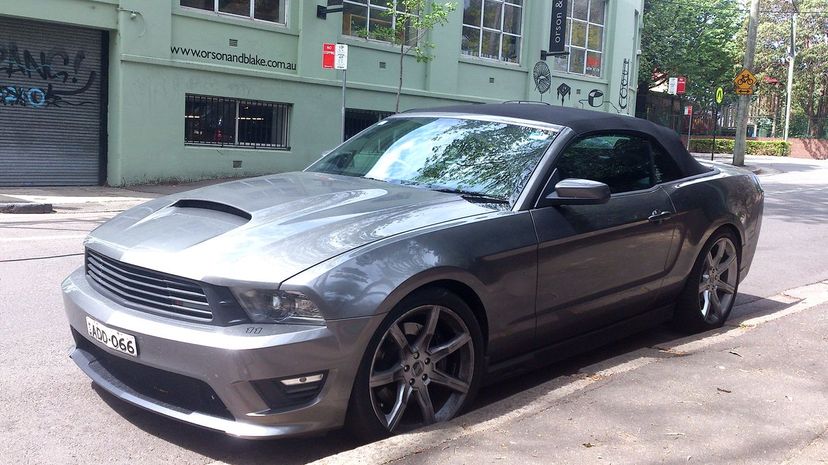
Saleen Automotive tweaked its 302 Black Label Mustang so that it reaches 730 horsepower and 600 pound-feet of torque from a 5.0-liter Coyote V-8 engine. Saleen specializes in producing high-performance cars and parts.
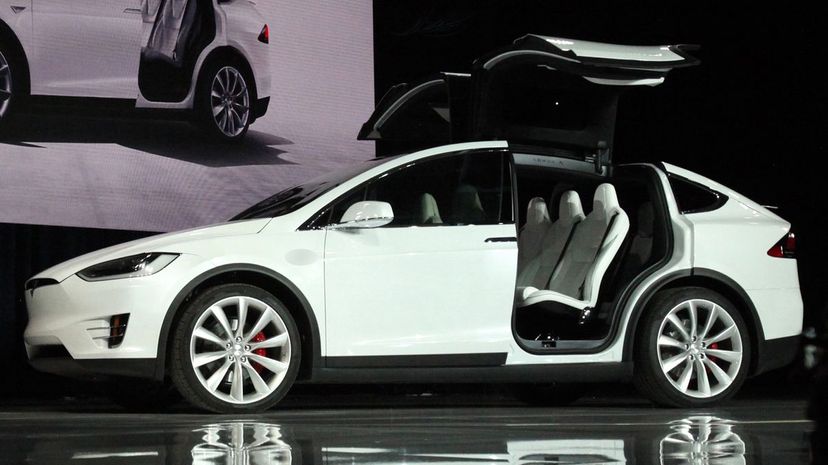
Available in two trims, the Tesla Model X P100D version is able to unleash 762 horsepower and can jaunt from zero to 60 miles per hour in 2.9 seconds. The 100D includes two electric motors that offer 259 horsepower.
Advertisement
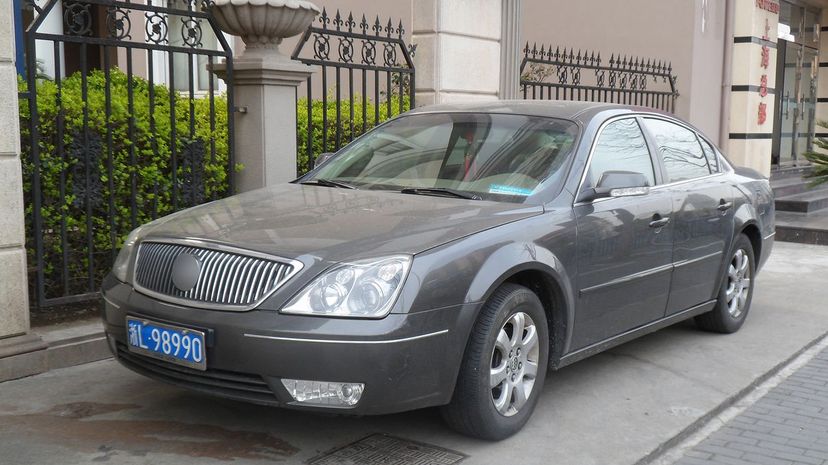
Buick introduced the 2005 LaCrosse CSX at the 2004 Chicago Auto Show. Based on the same design platform as the Pontiac Grand Prix and the Chevrolet Impala, the LaCrosse features "QuietTuning" noise reduction technology.
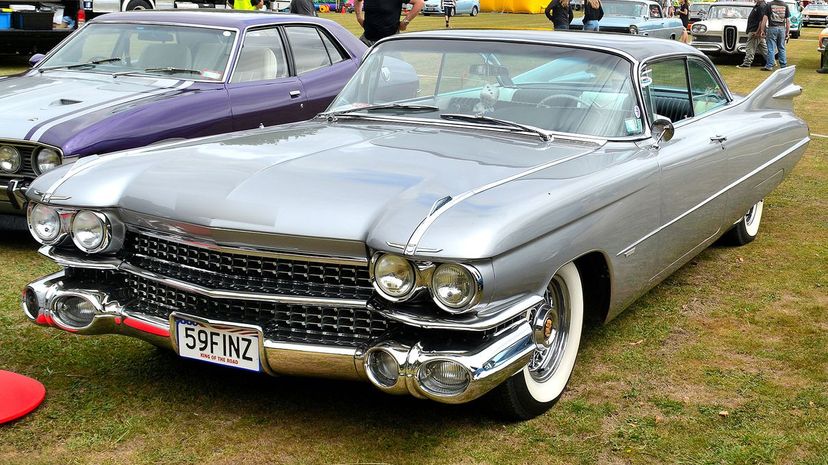
The 1959 Cadillac Coupe DeVille quickly grew to become an American status symbol. The '59 automobile classic is most recognizable for its considerable V-8 engine power and large decorative fins.
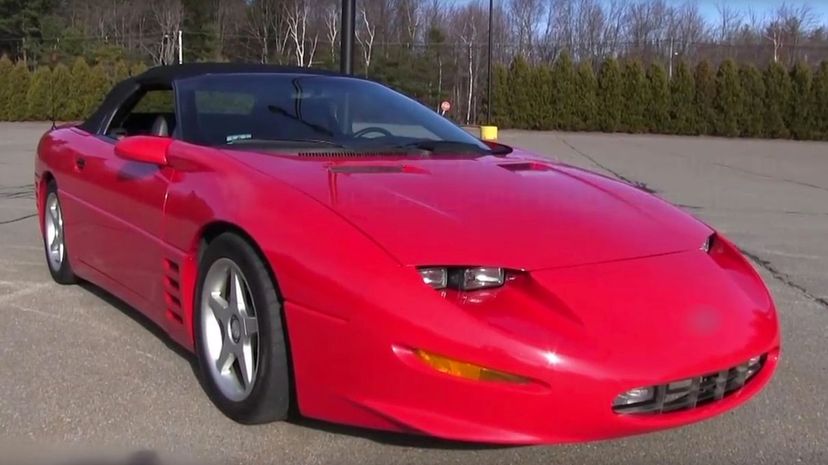
The Callaway SuperNatural Camaro, or the C-8, reaches 60 miles per hour in 4.6 seconds and can complete a quarter mile at 106.4 miles per hour in just 13.2 seconds. Callaway's SuperNatural engine achieves 404 horsepower.
Advertisement
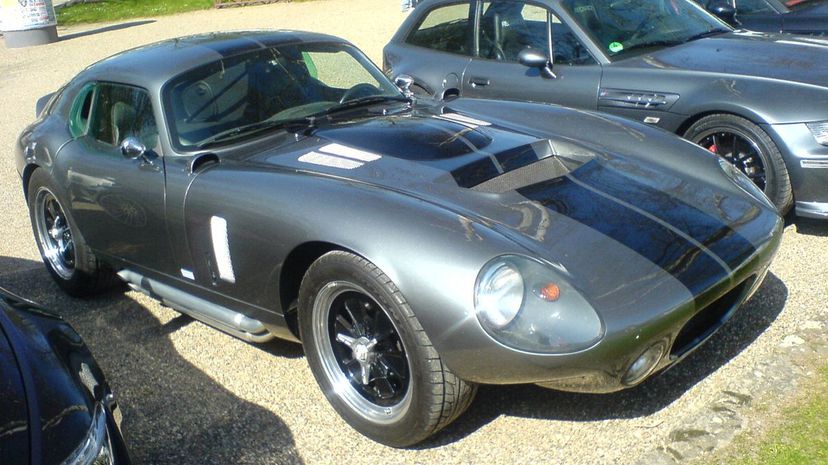
In 1964, auto racing legend Carroll Shelby enlisted the help of car maker John Olsen to stretch the chassis of the Daytona (the CSX2286), a creation that Shelby deemed a "secret weapon" for the 1964 Le Mans race. In 2017, Shelby American furnished six aluminum cars based on the Daytona classics.
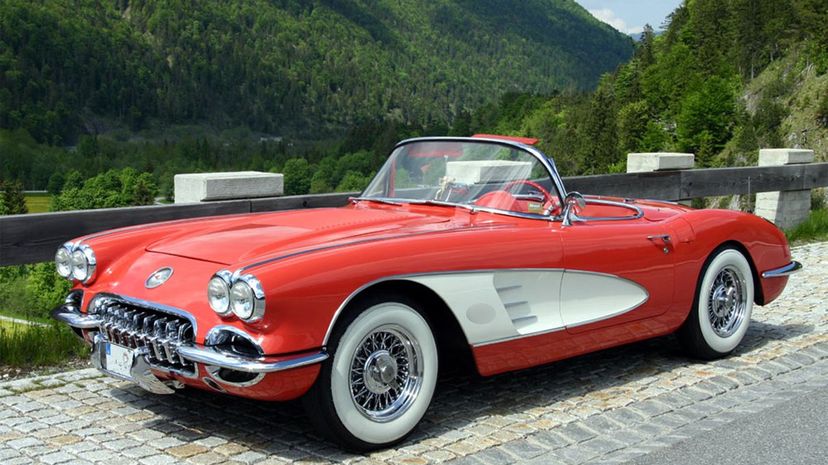
Within the first few months after its 1953 release, John Wayne purchased the Chevrolet Corvette but then gave it away, claiming that the car was not suitable. The iconic auto is named for the small ships of World War II.
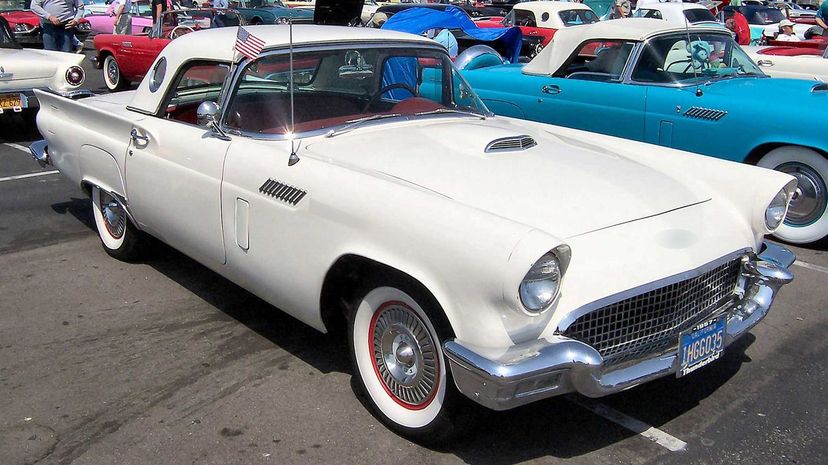
The 1955 Ford Thunderbird defied the sports car trend of the time; it was a combination of high performance as well as high-class style. The steel-bodied "T-Bird" featured an overhead valve V-8 engine.
Advertisement
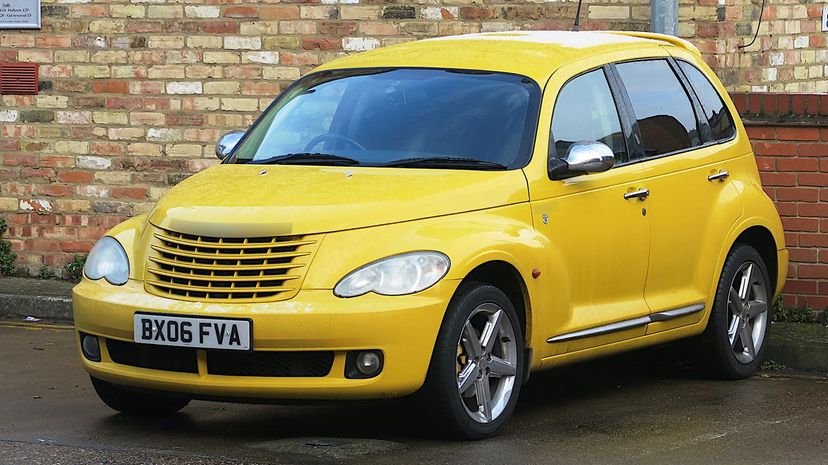
Chrysler expanded the appeal of the PT Cruiser by introducing the Dream Cruiser Series 1 and the "Woodie" Edition, which has wood-grain panels on its doors. The PT Cruiser was available for sale as of April 2000.
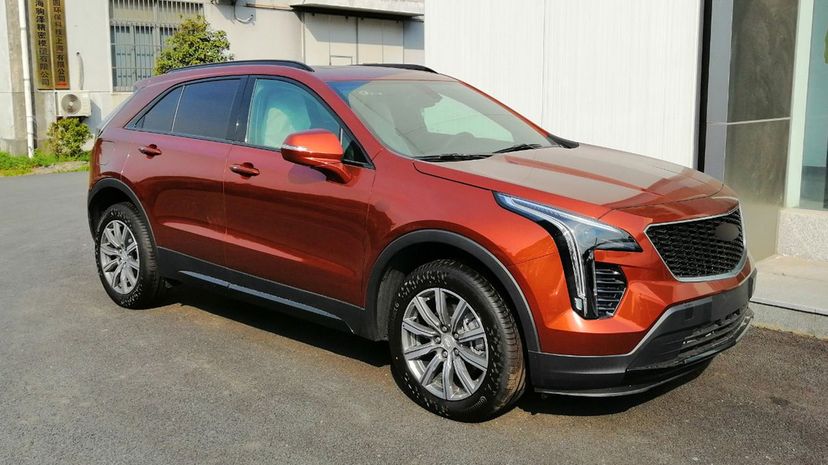
The Cadillac XT4 features a 2.0-liter engine that yields 237 horsepower and grants a 24/31 city/highway miles per gallon. The XT4 includes an all-wheel-drive system that's managed by the Driver Mode Select System.
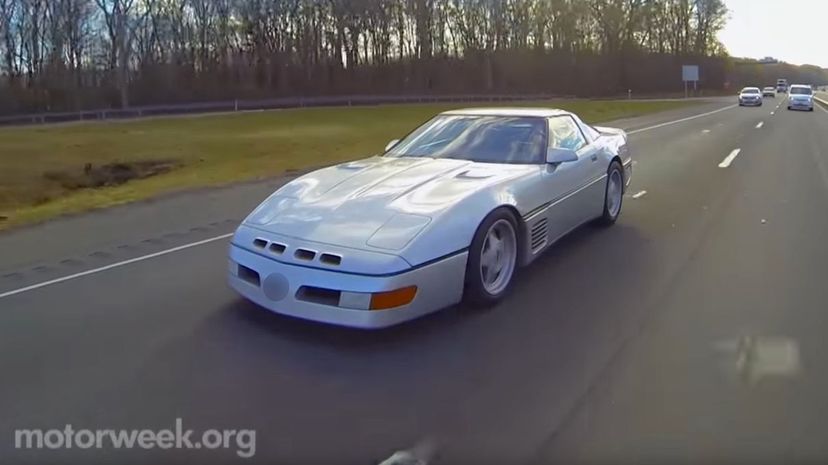
The Sledgehammer Corvette is a retimed Callaway Cars machine built to reach 254 miles per hour and offer 880 horsepower from a twin-turbocharged engine built by John Lingenfelter. This Corvette goes from zero to 60 in 3.9 seconds.
Advertisement
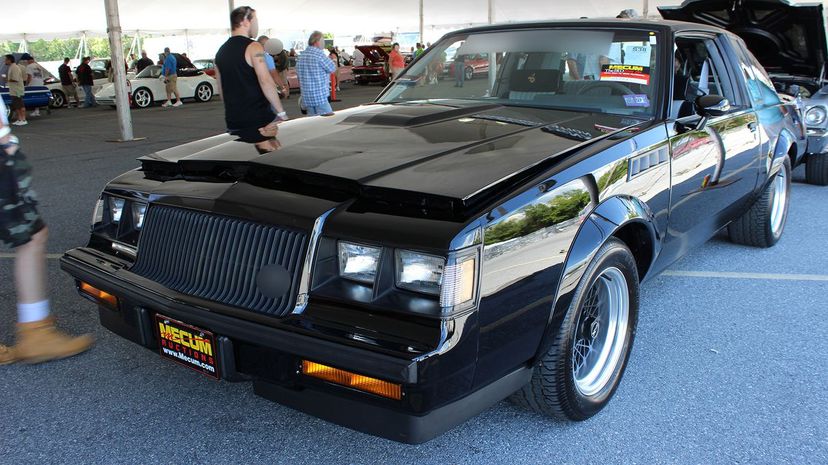
General Motors manufactured 547 units of the Buick GNX. In 1987, the last production year, McLaren Engines contributed to the project. During its heyday, the GNX was compared to the Porsche 911 Turbo.
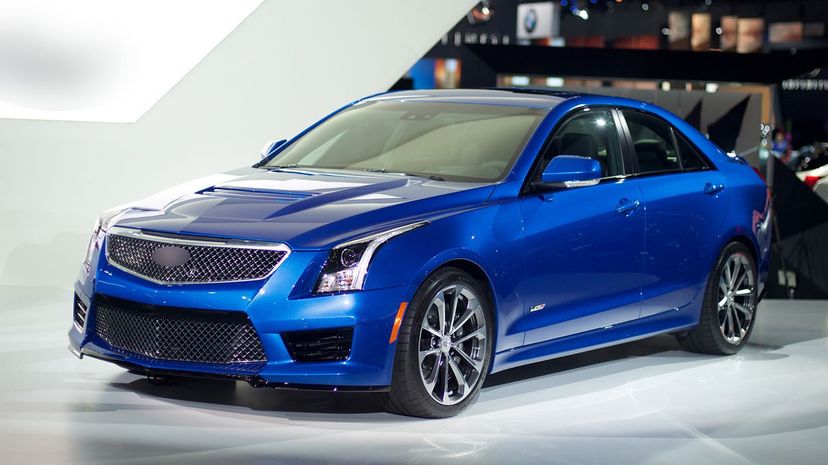
Buick borrowed a 3.6-liter V-6 from the CTS Vsport and installed titanium connecting rods to craft the Cadillac ATS-V. The twin-turbo creation boasts crankshaft counterweights and two water-to-air intercoolers.
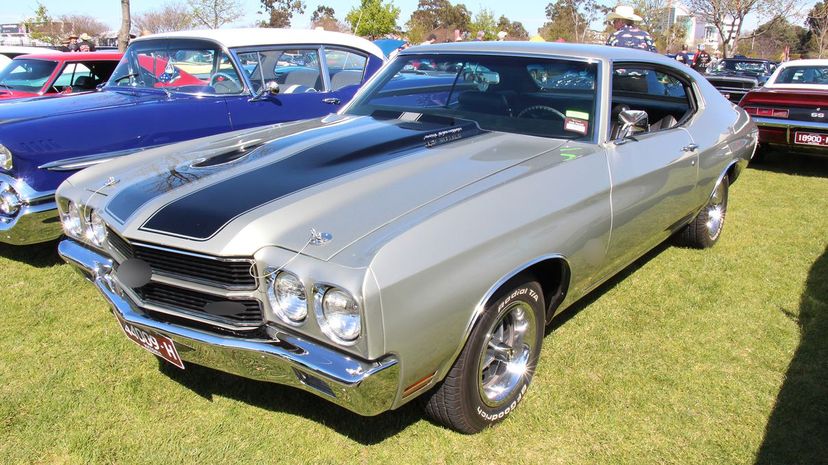
Chevrolet introduced the Chevelle SS 454 LS-6 convertible with a cowl induction hood. The muscle car carried a big-block V-8 engine that clocked 100 miles per hour in 13.3 seconds.
Advertisement
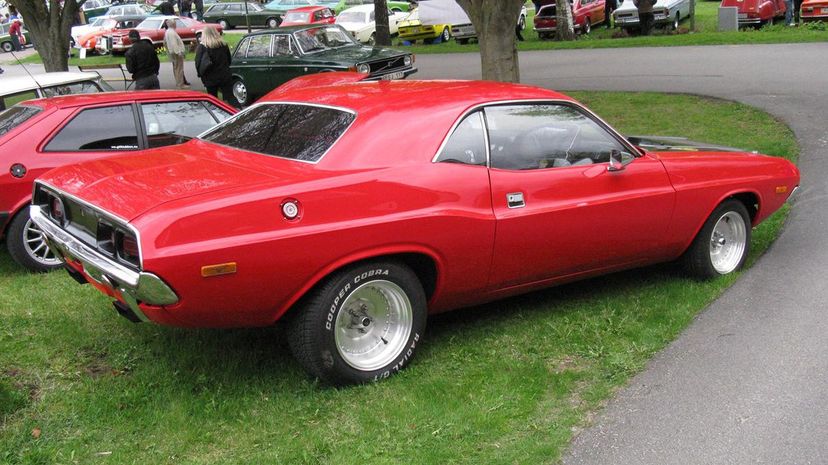
The 2008 Dodge Challenger re-introduction model is missing the original car's tucked-under wheels. The new coupe edition includes an eight-speed transmission that Chrysler licensed from ZF Group.
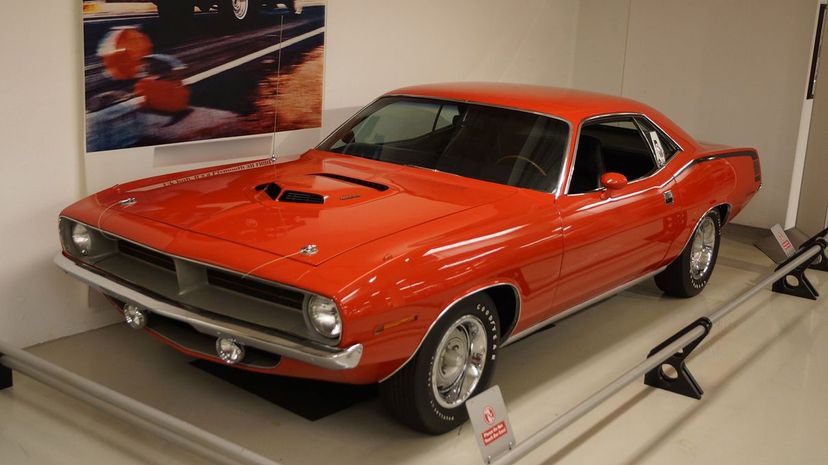
Plymouth's 1970 Hemi Cuda was outfitted with a 426-cubic-inch Hemi engine that roared 425 horsepower. The first Cuda was hand-assembled at the Clairepointe facility in Michigan on August 1, 1969. Only 652 cars were produced.
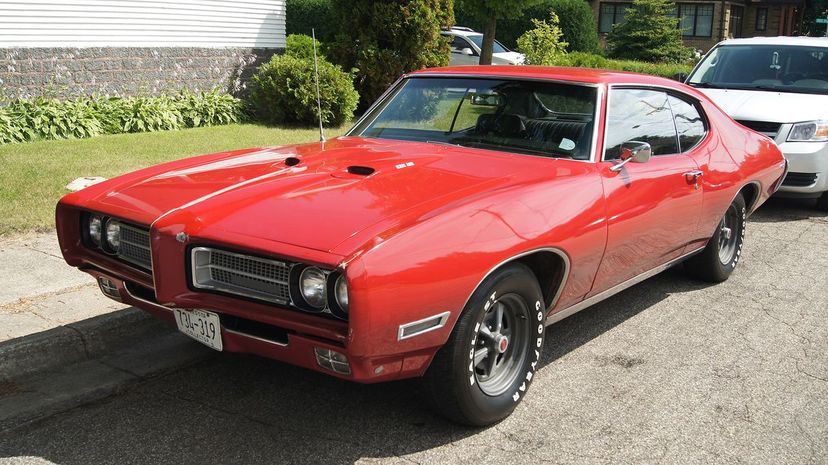
Pontiac's 1969 GTO was able to zoom from zero to 60 miles per hour in 6.7 seconds. The GTO included a 400-cubic-inch V-8 engine and optional features such as cornering lights and a wood steering wheel.
Advertisement
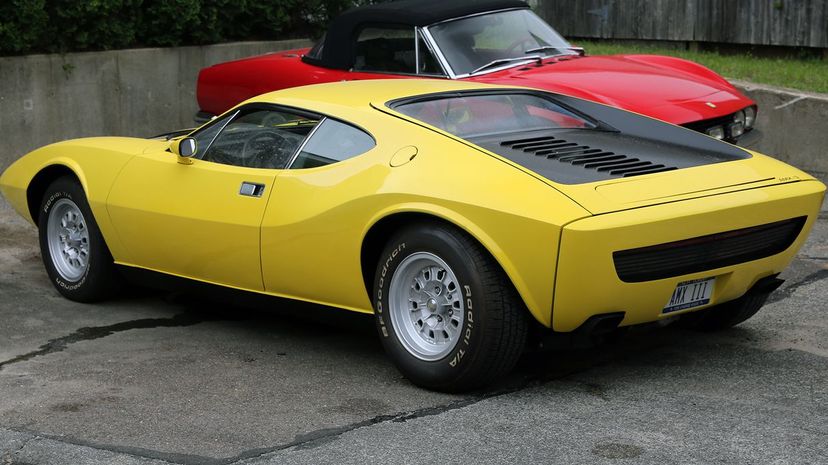
The 3090-pound, 43.5-inch-high AMX/3 was American Motors's answer to the Corvette. The American muscle machine hosted a 390-cubic-inch V-8 engine that produced 425 horsepower. Only four AMX/3 models were produced.
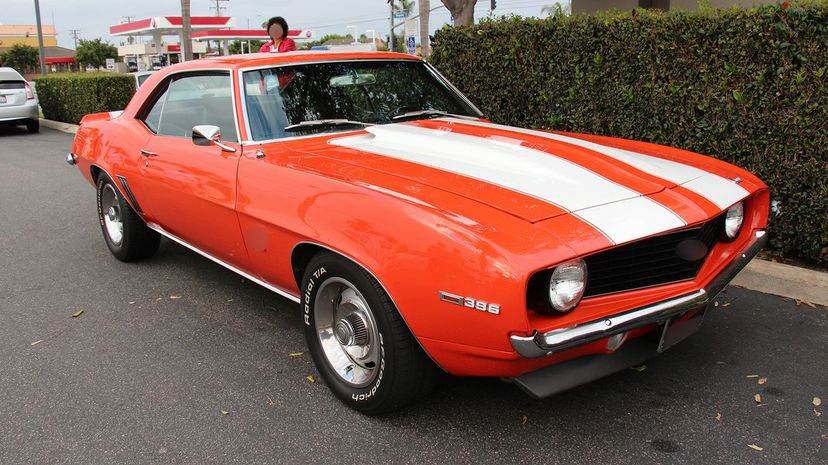
Chevrolet hand-builds only 69 Chevrolet COPO Camaros in a small rural Michigan factory every year. "COPO" stands for "Central Office Production Order." In 2018, Chevrolet crafted 29 Hot Wheels versions to commemorate the 50th anniversary of the toy cars.
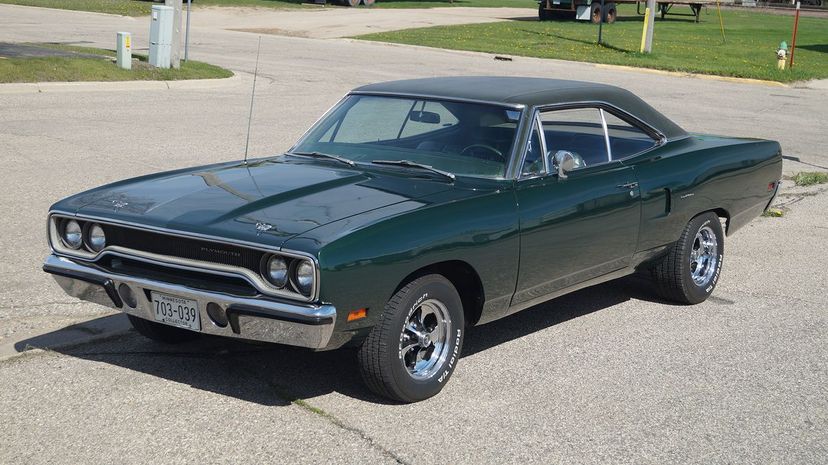
Plymouth produced 41,484 1970 Roadrunners, and of those 824 were convertibles. While Bo and Luke Duke rode in a customized '69 Dodge Charger in "The Dukes of Hazzard" television show, Daisy Duke pushed a black and yellow '74 Roadrunner.
Advertisement
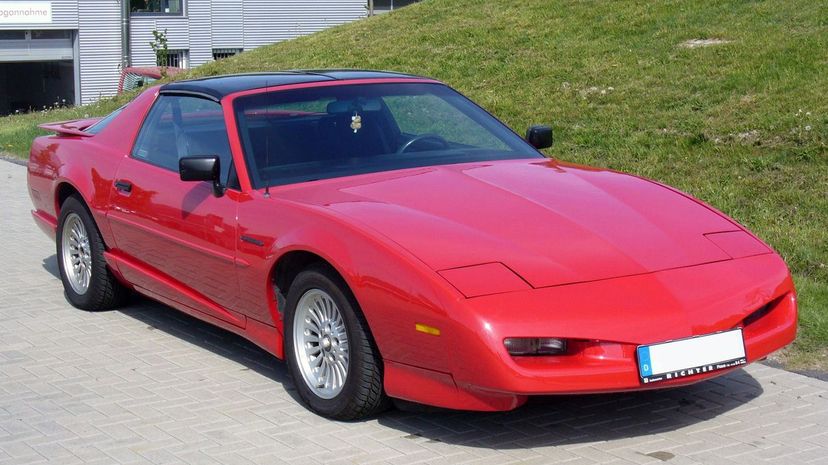
Introduced in 1967, the Pontiac Firebird included the 400-cubic-inch V-8 engine of the Pontiac GTO. The highly anticipated 1970 Firebird coupe wasn't introduced until several months after the conventional autumn introduction period.
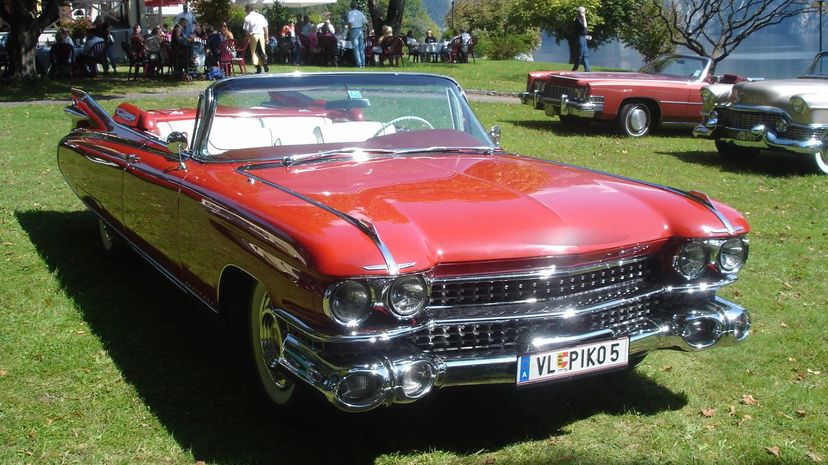
Only 1,870 of the 1964 Cadillac Eldorado Fleetwood convertible were produced. The Fleetwood moniker had been linked to Cadillac since 1917, the year when Fleetwood Body Corp. started producing exterior designs for the luxury brand.
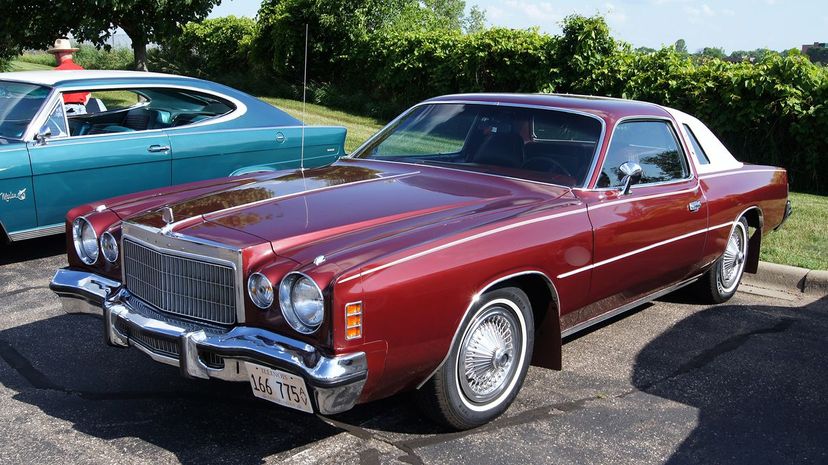
Chrysler's 115-inch-wheelbase B-body intermediate chassis was the basis of the 4,580-pound Cordoba. The car reached a milestone of ornamentation in 1977 when Chrysler added small opera lights to the vinyl roof.
Advertisement
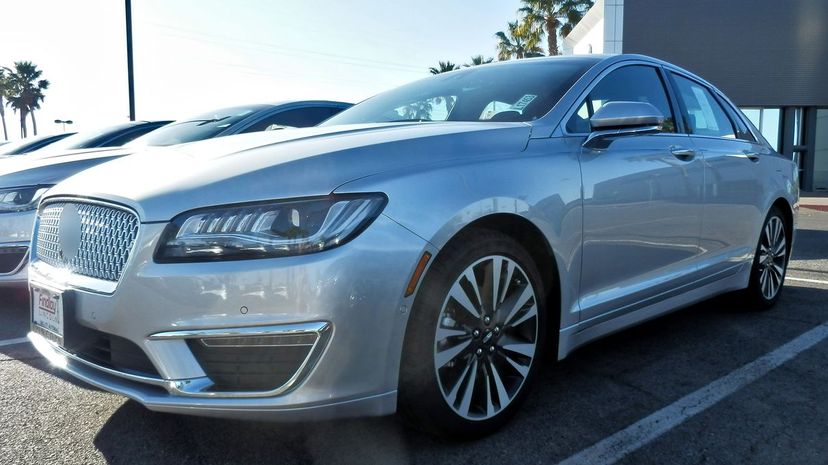
Lincoln unveiled the Zephyr in 2005 as an entry-level luxury vehicle. Then for the 2007 model year Lincoln renamed the car MKZ, which harnessed more power with an added 3.5-liter V-6 engine.